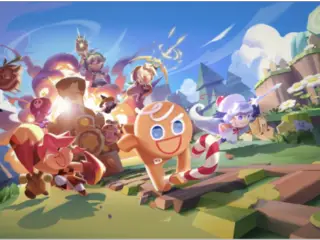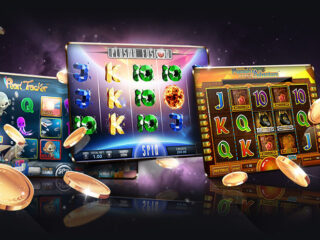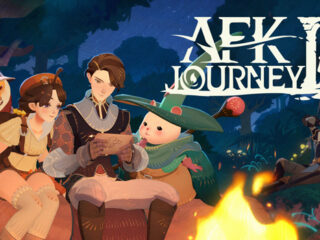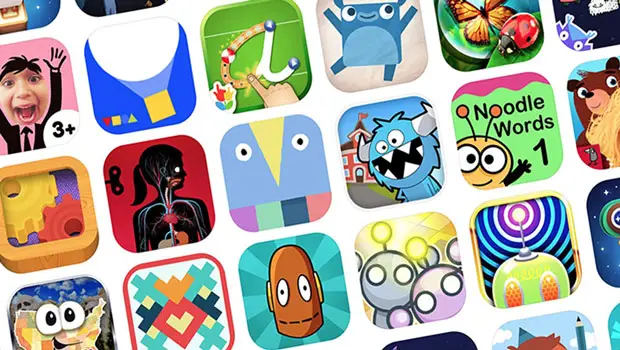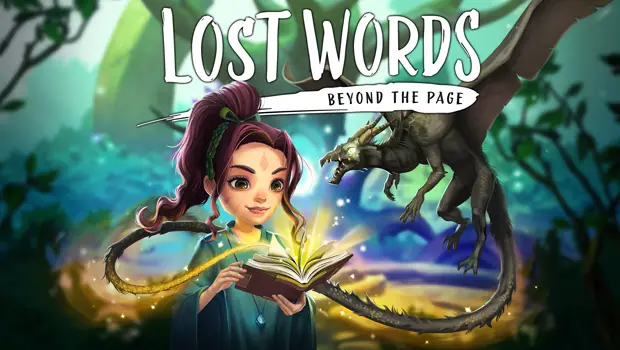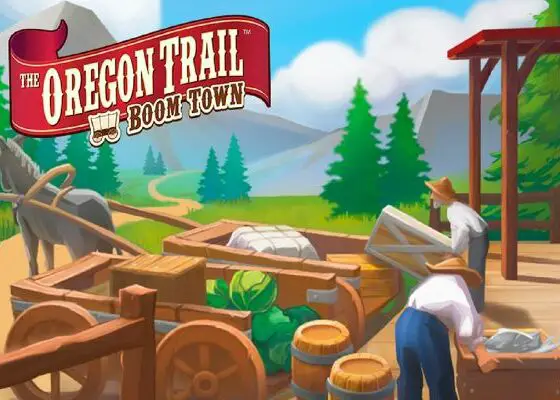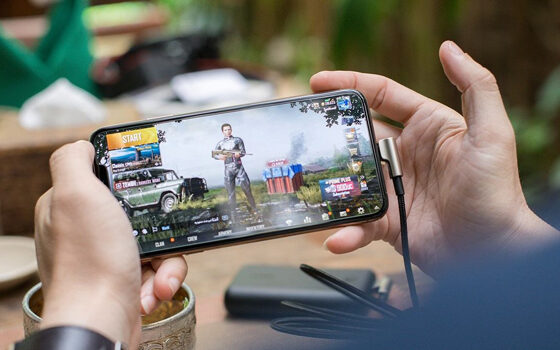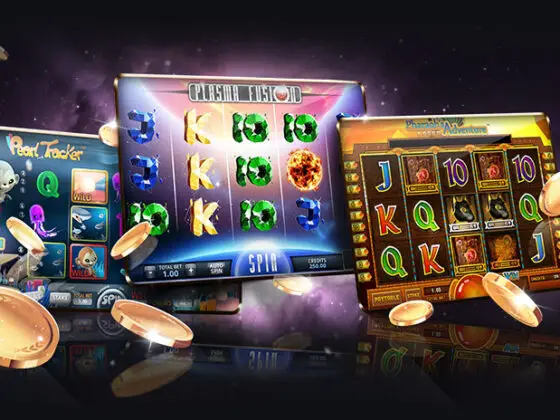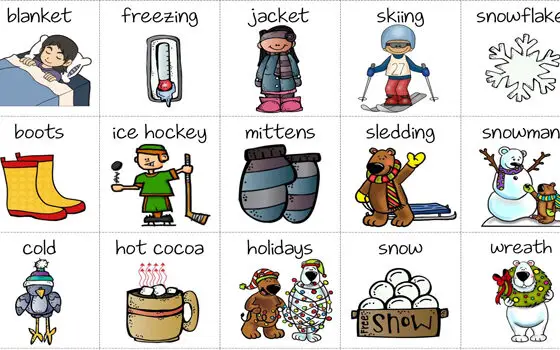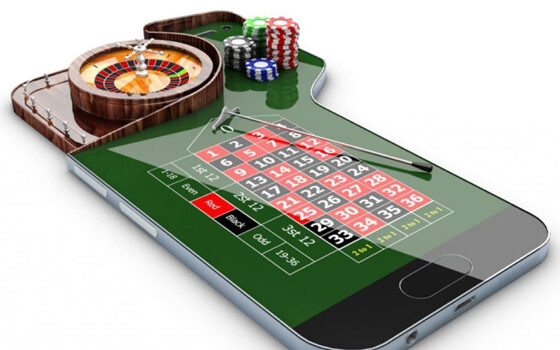When it comes to mobile gaming for kids, it opens up a world of opportunities for both education and entertainment. Some mobile games not only entertain but also educate and engage children in a fun and interactive way. By combining elements of learning and play, educational and entertaining apps can captivate young minds while fostering cognitive, motor, and social development. If you’re a parent or an educator, it’s essential to recognize the potential of mobile gaming apps for kids.
Benefits of Mobile Gaming for Kids
As a parent, you may enjoy Vegas casino USA games, but finding enjoyable mobile gaming apps for your kids is equally important. Mobile gaming apps for youngsters offer numerous benefits. These examples highlight what makes mobile gaming a valuable tool for children’s holistic development.
Cognitive development and problem-solving skills
Mobile gaming can contribute to the cognitive development of children as they require critical thinking, decision-making, and problem-solving skills. For example, puzzle games may challenge players to navigate complex mazes, requiring logical thinking and spatial awareness. Games like “Minecraft” encourage kids to plan and organize resources to build their virtual worlds, fostering problem-solving abilities.
Educational content and learning opportunities
Mobile gaming apps offer a wealth of educational content and learning opportunities. Many apps teach various subjects, such as math, science, language, and history. For instance, “Khan Academy Kids” provides interactive lessons and activities on various educational topics, while “Duolingo” helps children learn new languages through gamified exercises.
Improved hand-eye coordination and motor skills
Mobile gaming requires players to use touchscreens and manipulate virtual objects, which can enhance hand-eye coordination and fine motor skills. Games like “Fruit Ninja” challenge players to slice fruits with precise swipes, improving hand-eye coordination and finger dexterity. Racing games, on the other hand, demand precise control over the virtual vehicle, promoting fine motor skills.
Social interaction and teamwork
Certain mobile games foster social interaction and teamwork among young players. Multiplayer games like “Among Us” encourage collaboration and communication as players work together to complete tasks or identify impostors. This promotes social skills, cooperation, and problem-solving through interaction with peers.
Educational Mobile Gaming Apps for Young Players
These educational mobile gaming apps exemplify how technology can be leveraged to make learning enjoyable and interactive for young players. They offer a balance between education and entertainment, allowing children to expand their knowledge and skills in a fun and engaging way.
Language and Literacy Apps: Scrabble (Ages: 8+)
This classic game has been around since the 1940s and is a fantastic tool for improving language and literacy skills. With age-appropriate versions available, young players can engage in friendly competition while expanding their vocabulary and honing their spelling abilities.
Math and Logic-Based Apps: Bedtime Math (Ages: 3-9)
Geared for families with kids ages 3–9 and available in English and Spanish, Bedtime Math offers a daily math problem and a surprise problem of the day. The app provides a whole archive of math problems, making math fun and accessible. By incorporating math into everyday life, this app helps children develop logical thinking, numerical skills, and problem-solving abilities.
Science and Nature Exploration Apps: Tappity Science (Grades K-5)
Tappity Science is an engaging app designed for kids in grades K-5. It aims to spark their interest in science through interactive videos, quizzes, games, and storylines centered around science topics. By exploring various scientific concepts, young learners can develop a deeper understanding of the natural world and cultivate their curiosity about scientific phenomena.
Historical and Cultural Apps: World History For Kids (Ages: 8-12)
World History For Kids is an informative app that covers a wide range of historical and cultural topics. It includes great battles of World War One and World War Two, significant events like the French and Industrial Revolution, and ancient histories of Egypt, Greece, and Rome. By immersing young players in historical narratives, this app provides a fascinating learning experience, helping them learn about different periods and cultures.
Best Practices for Parents and Guardians
There are various ways parents and guardians can ensure that mobile gaming remains a positive and enriching experience for children. These include:
Setting Screen Time Limits and Balancing Activities
Parents and guardians must set reasonable screen time limits for children engaging in mobile gaming. Establishing boundaries helps ensure a healthy balance between gaming and other activities such as outdoor play, reading, and social interactions. Apps like “Screen Time Parental Control” can assist in managing and tracking screen time usage effectively.
Monitoring App Usage and Content
Regularly monitoring the apps children use is essential to ensure they are age-appropriate, safe, and aligned with educational goals. Parental control features provided by devices and app stores can aid in filtering content and restricting access to inappropriate apps. Apps like “Kidslox” offer additional features for monitoring and controlling app usage.
Encouraging Discussions and Learning Opportunities
Parents and guardians can engage children in meaningful discussions about the games they play. Please encourage them to share their experiences, challenges, and discoveries. Ask questions about the educational aspects of the games and help them connect the gameplay to real-life concepts. This fosters critical thinking and deeper understanding.
Engaging in Cooperative Gameplay
Participating in cooperative gameplay with children can enhance bonding experiences and promote teamwork. Cooperative games like “Lego Tower” or “Minecraft” enable parents and children to collaborate in building structures or solving challenges. This instills valuable social skills while building better parent-child relationships.
Mobile gaming for young players has immense potential as a tool for education and entertainment. When carefully selected and balanced with other activities, it can foster cognitive development, enhance learning, and promote social interaction. Harnessing this potential can create a positive and enriching experience for young players.


